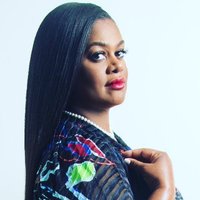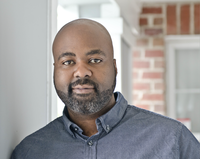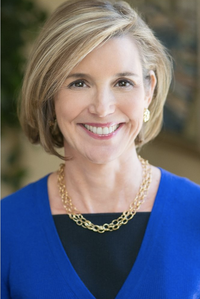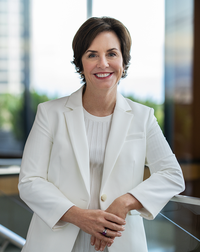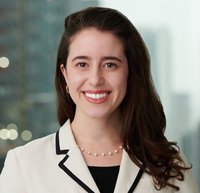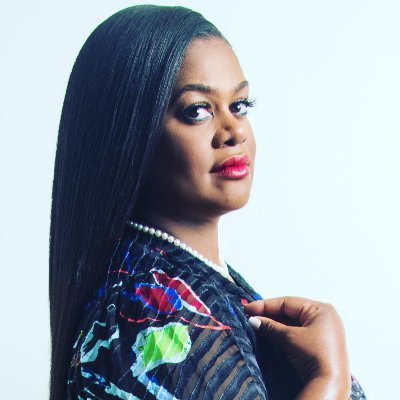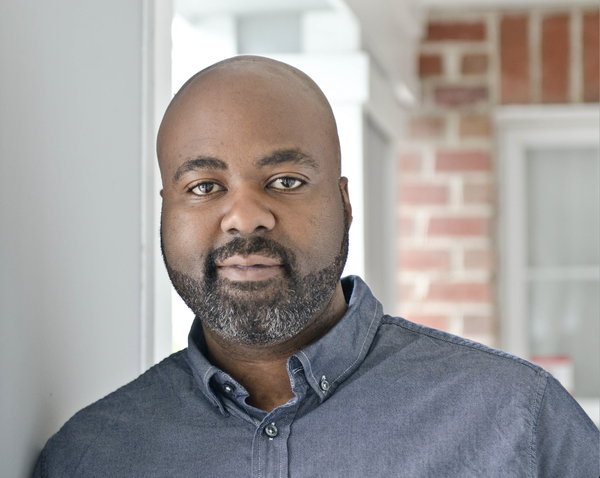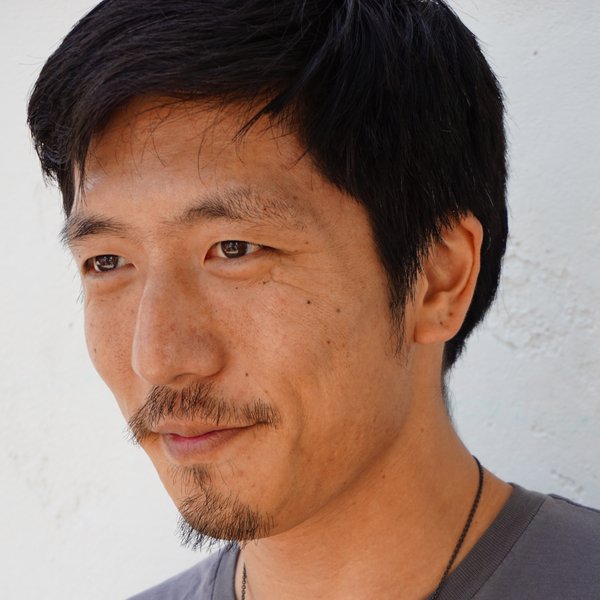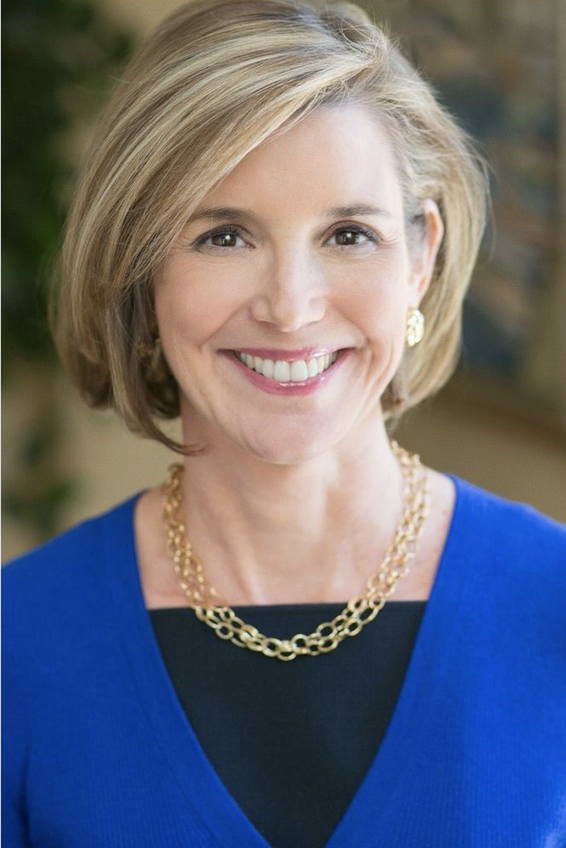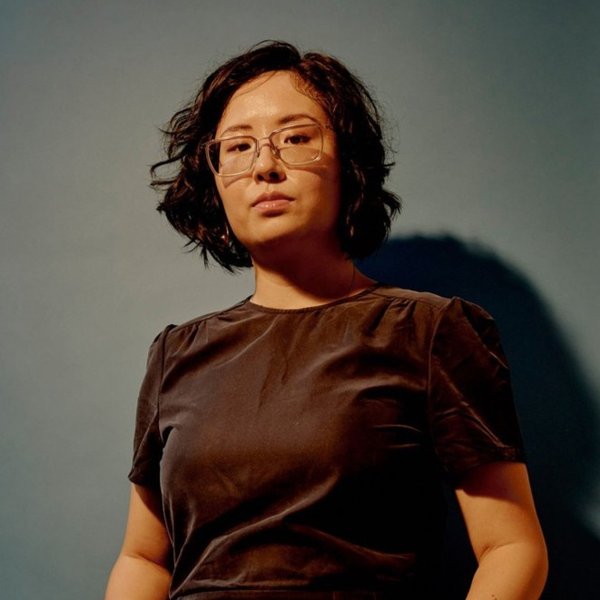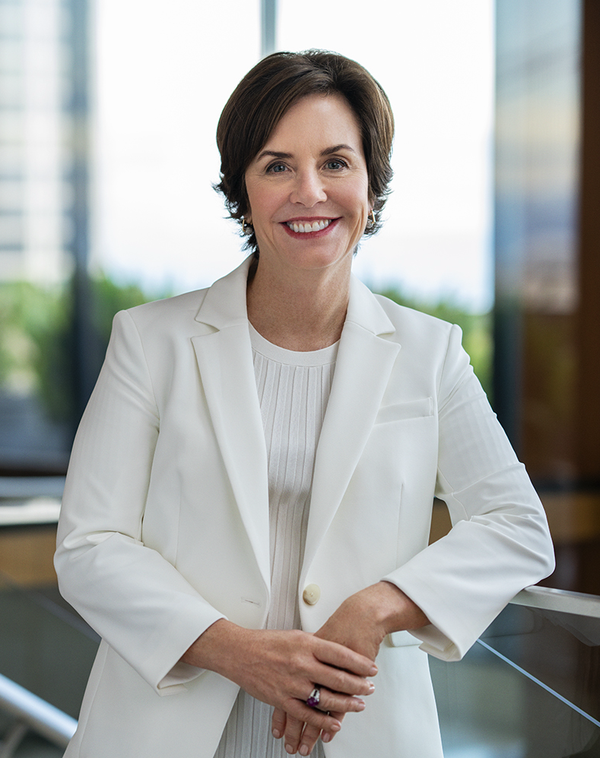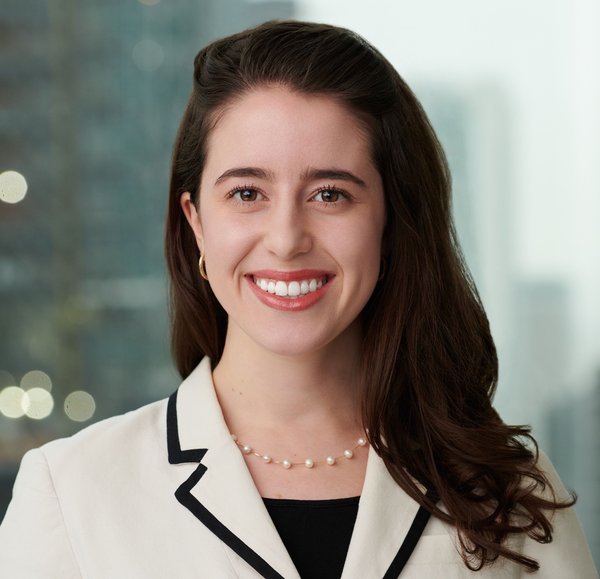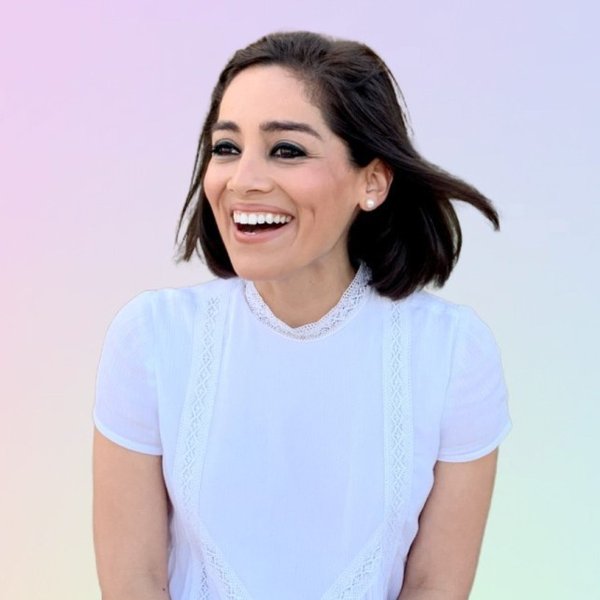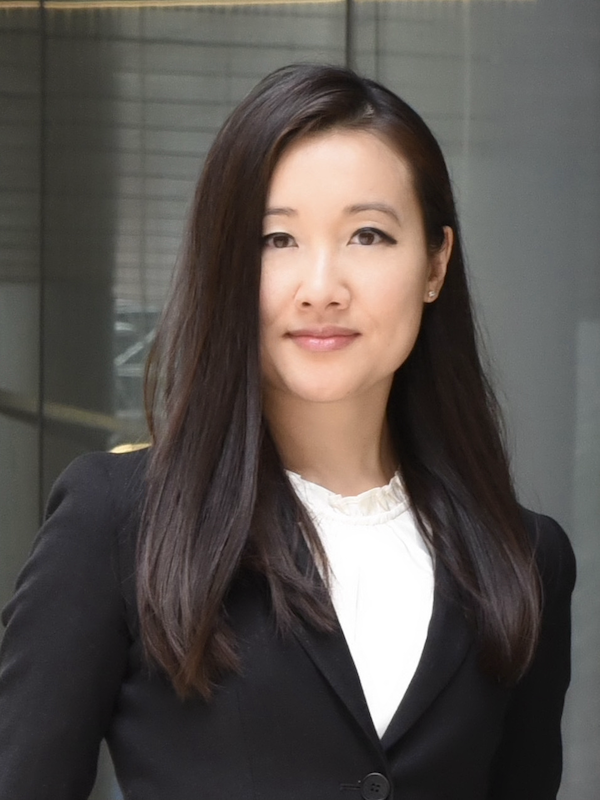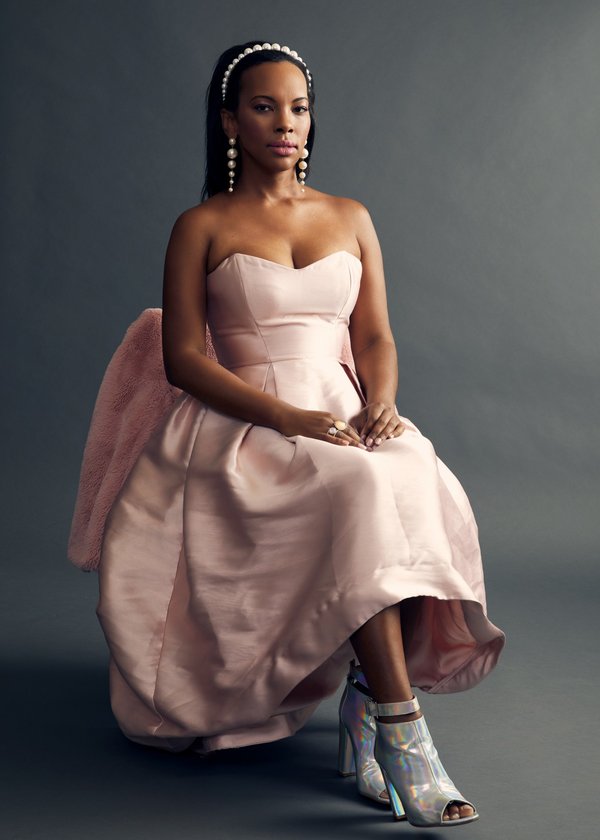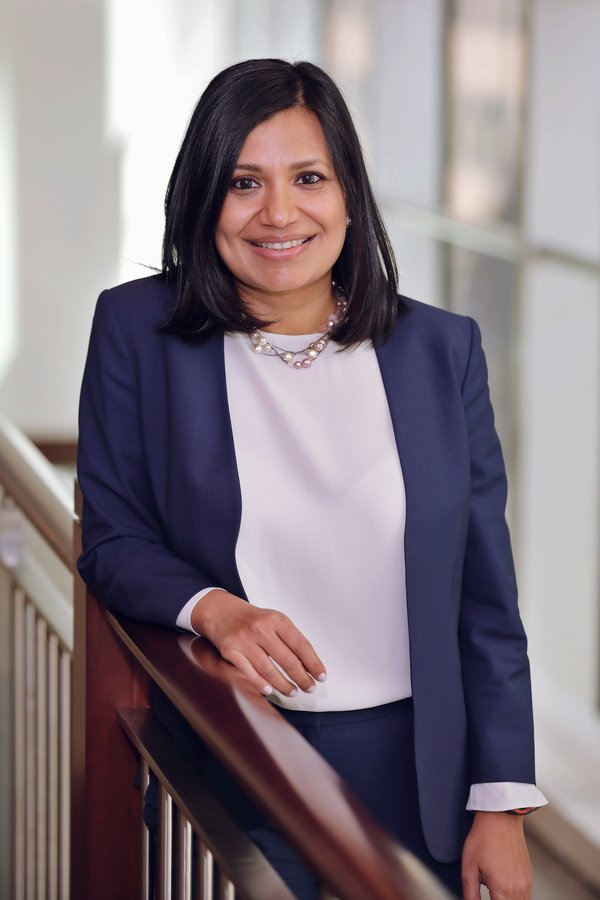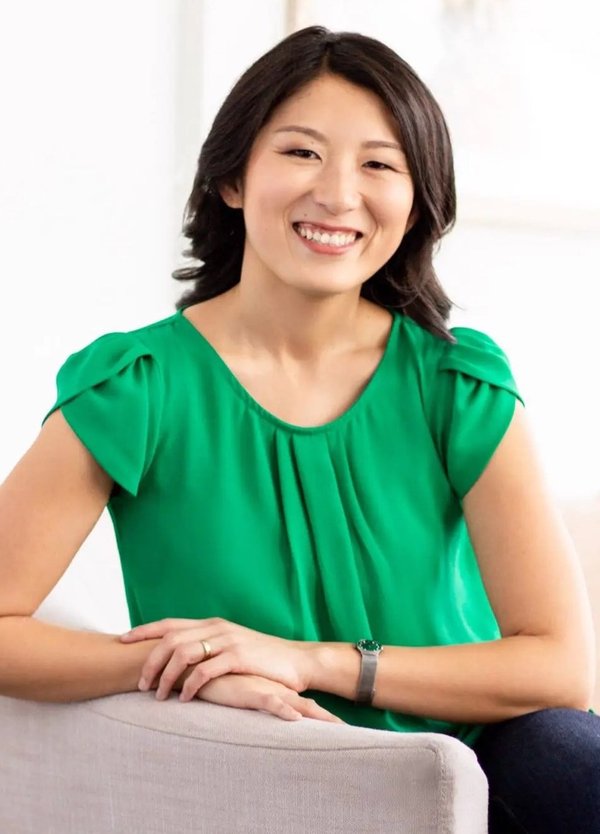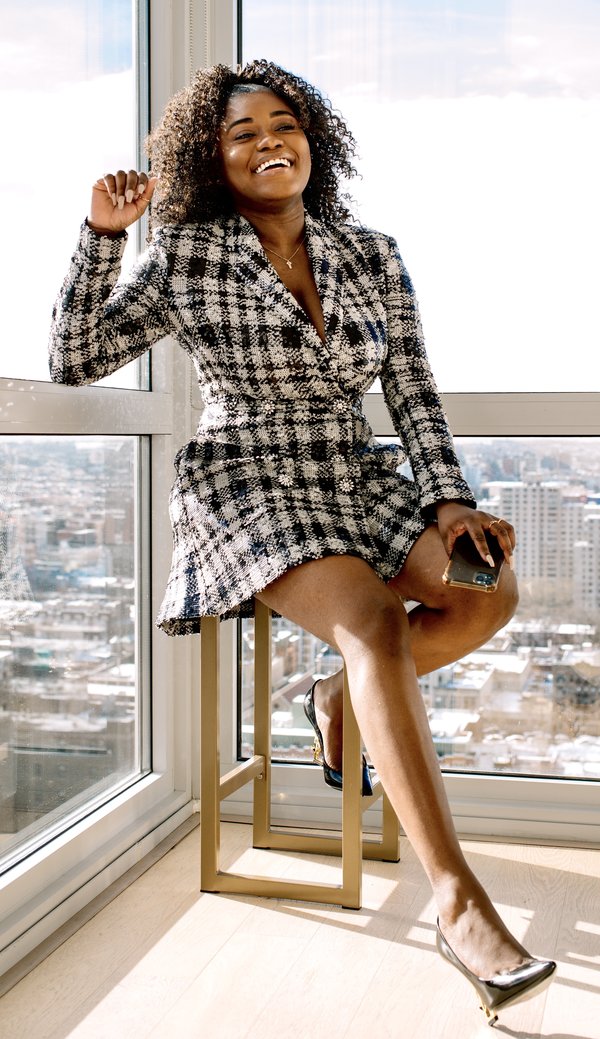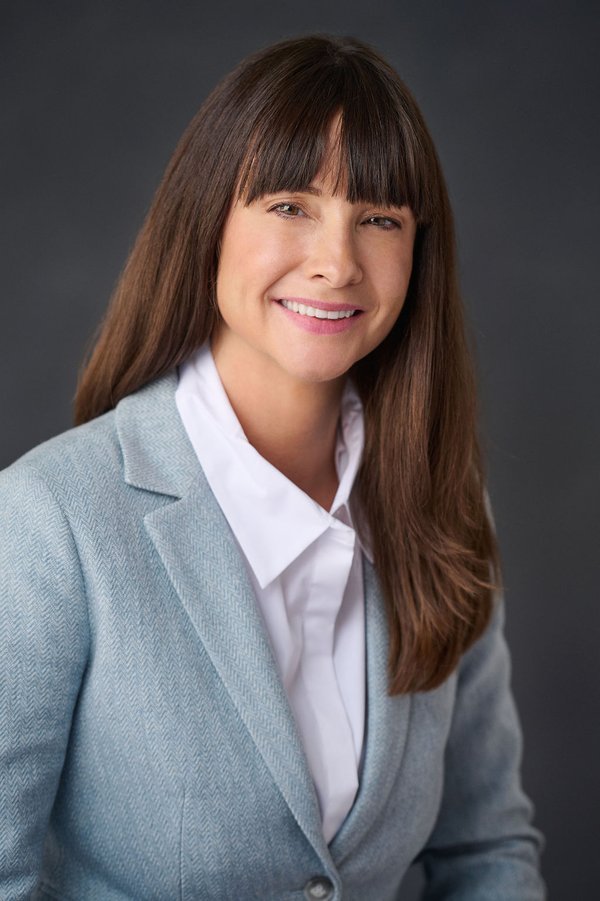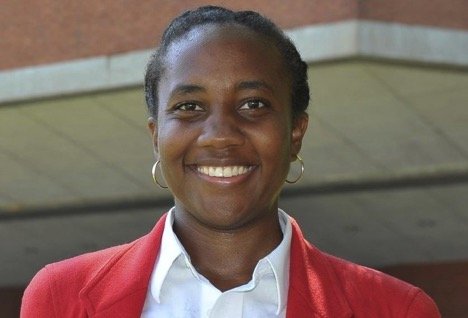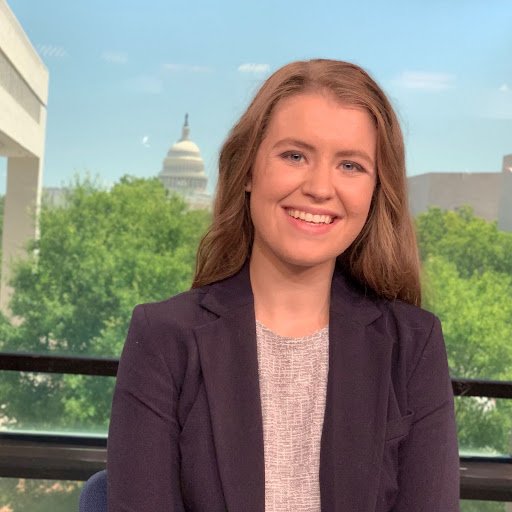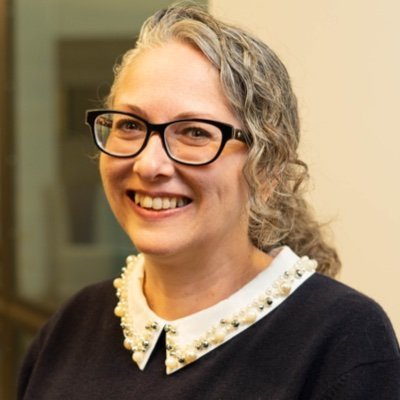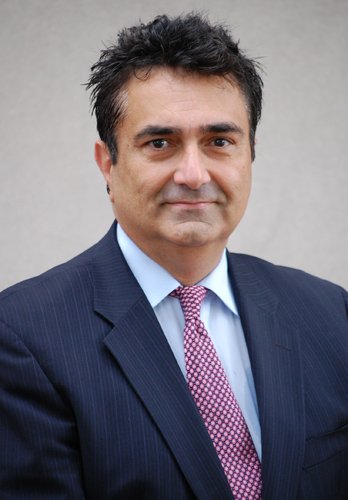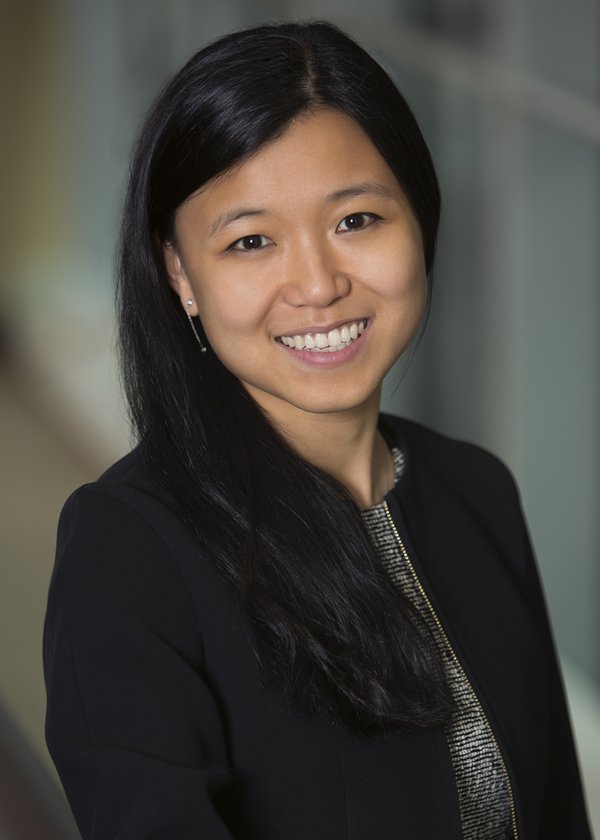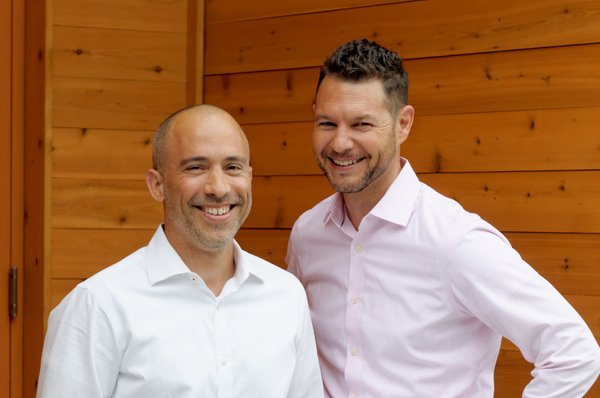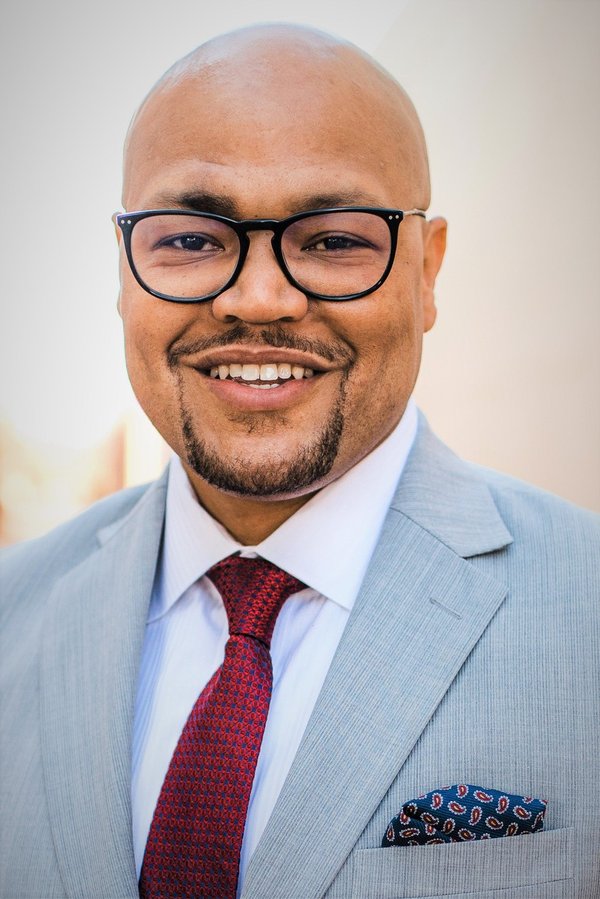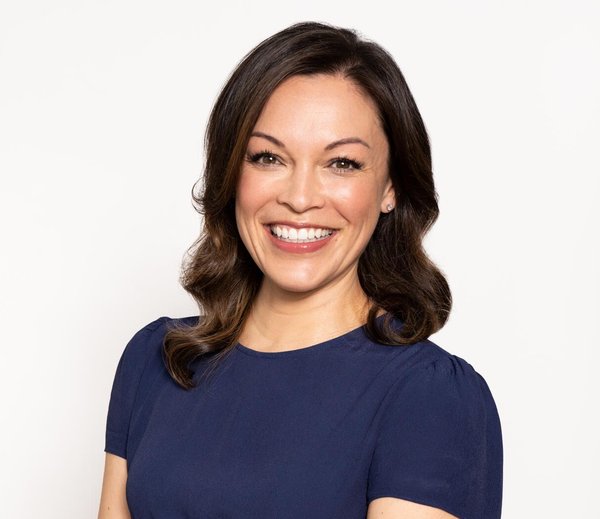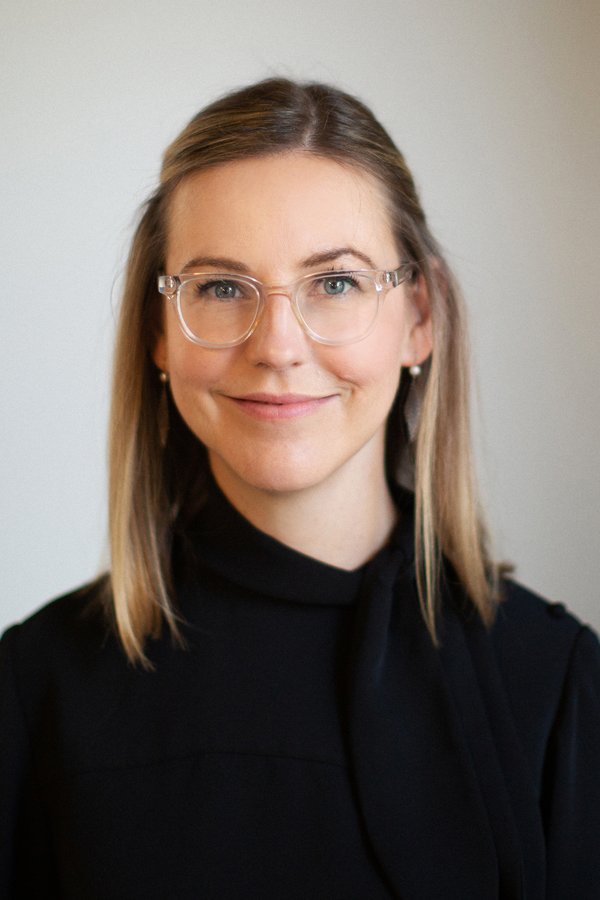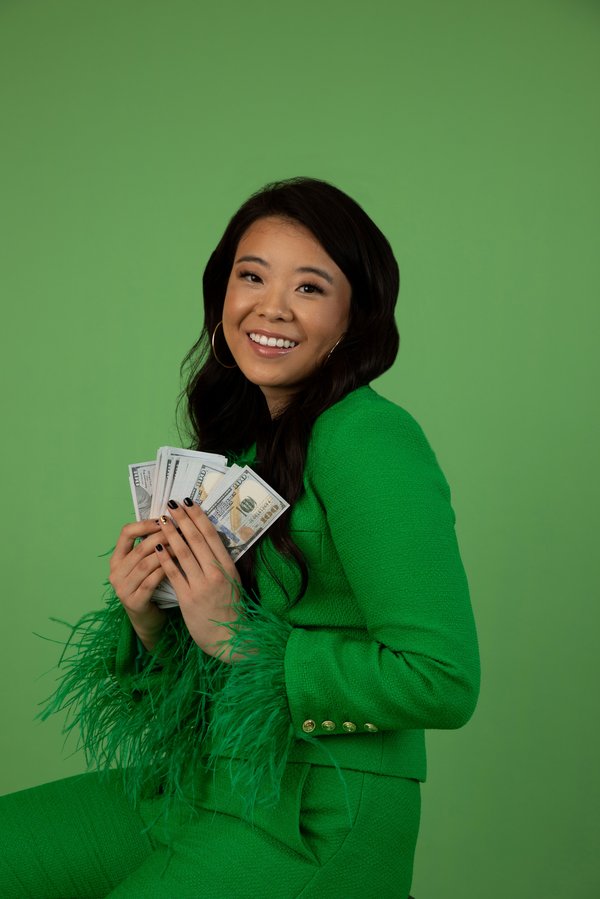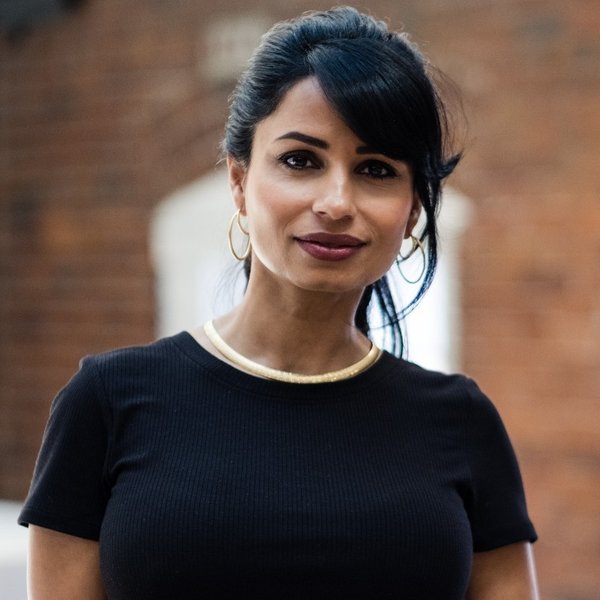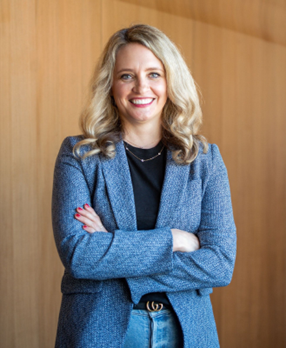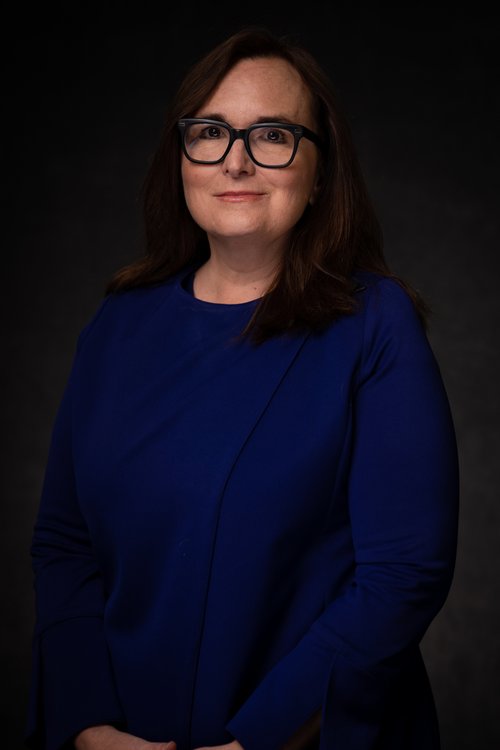
Deidre Woollard is a writer and editor focused on real estate investing. Her passion for real estate writing began when she created the first Estate of the Day column online and worked for AOL Real Estate. She later worked for realtor.com and created the Ask a Realtor column. After that, she spent several years leading marketing departments at luxury brokerages across Los Angeles before co-founding a real estate public relations firm. She has been at The Motley Fool for several years and focuses on providing education on a wide variety of real estate and investing topics.
Deidre's Investing Style
How many years of investing experience do you have? 20+ years
What is your investing risk tolerance? Medium
What is your portfolio size? Large (20+ stocks)
What are your favorite investing sectors? Real Estate; Environmental, Social, and Governance (ESG)
What makes those sectors so interesting to you? Real estate underlies so many decisions we make, and where we live determines many of our outcomes in life. Residential real estate is really understandable to me because I worked in real estate brokerages and studied the macroeconomics of housing. I'm newer to commercial real estate and real estate investment trusts (REITs), but I love the steady returns and dividends.
When did you start your investing journey and why?
When I was 12, my father gave me $100 to invest in a stock. I had no idea what to choose and came up with a few options, including Disney and Exxon (now ExxonMobil) because I liked the tiger mascot. My father vetoed me on Disney, so I went with Exxon. I held that stock until college when I -- like so many young adults -- made some dumb decisions with money and had to sell it to get myself out. The ability to pay off debt with a stock made me eager to start investing once I could save a little money.
Can you tell us a little bit about your relationships with money at an early age?
I had one parent who was extremely frugal and one who was a spender. My parents were divorced, so I shuttled between these two very different relationships with money. I took on characteristics of both and ended up going to college with a fair amount of savings that I went through pretty quickly, but it taught me a valuable lesson about emergency funds.
What has your journey been like as an investor? What are some of the challenges you've had to overcome?
My father died when I was in my 20s and left me with a small stock portfolio. I understood next to nothing about stocks, and that's when I discovered The Motley Fool. This is back when most people knew of stocks only as strings of tickers printed in the newspaper. I started making notes about each company, following each ticker, reading the annual reports, and understanding more about how investing worked. It really interested me, but because I had grown up being told I was "bad at math," I didn't feel like I could be an investor. It took a while for me to comprehend that my ability to understand a story, history, and marketing was a real advantage as an investor.
In what ways have your social or cultural identities and lived experiences positively impacted your investing journey?
One thing I've learned the more I've studied housing issues is that we often carry shame about things we have no control over. We blame ourselves for what we don't know. Women didn't even have equal access to credit until the 1970s. We are entering a time when more women are graduating from college, becoming solo homeowners, and taking control of their money than ever before.
What advice would you give to a younger person who may be experiencing market volatility for the first time?
It gets better. Then worse again. Then better. The first time I saw the stock market have a really bad day, I thought it would never recover. The Dow went down 87 points, and it felt like the end of the world to me. Now that type of drop is like a sneeze. It's hard to trust what you haven't experienced, but let history give you some comfort.
If you could go back in time and change one thing about your investing strategy, what would you change and why?
I would have understood the value of small bets earlier on. I tended to see risk as a single thing -- you either are or are not a risk taker. Now I know you can be risk-fluid and have both steady stocks and riskier bets in your portfolio.
What are three things that really excite you about the future of investing?
Watching the democratization of financial markets and how much information has become available has been fascinating.
We are just at the beginning of sustainability reporting, and it's really heartening to see how quickly that is evolving.
I've been following crowdfunding in real estate and other areas and feel it has the potential to be another way to receive a positive return on your investment.
What scares you about the future of investing?
For every good idea, there's a way to use it irresponsibly. We've seen this over and over, with stocks, with crypto, with crowdfunding -- I hate how the hype cycle always ends up hurting the little guy.
I worry that the average hold time of stocks has decreased (currently around 10 months), which will impact returns for people.
I feel housing is still a stacked deck, and I'm scared that some of the past injustices will never be righted, meaning the opportunity to own a home and use the equity as a store of wealth won't be accessible for many people.
Who are some leaders in the finance industry you admire and why?
I'm a big fan of Sallie Krawcheck and her work with Ellevest. I also love seeing powerful female CEOs like Roz Brewer of Walgreens and Carol Tome over at UPS. I recently read a book about Mary Barra of GM, and something I respect most about her is her ability to make the hard and unpopular calls when the situation warrants.
What are some of your favorite educational resources (books, podcasts, websites, etc.) you'd recommend for investors of all ages?
I love seeing young Instagram influencers like Haley Sacks of Finance is Cool/Mrs Dow Jones. I'm a macroeconomic nerd, so I like things like the Moody's Talks podcast from Moody's Analytics and Behind the Market hosted by Jeremy Schwartz. The TreppWire Podcast is a great source of information on what's happening in the commercial real estate sector.
What's one quote or saying that inspires or challenges you?
"Comparisons are odious."
I think one of the core sources of unhappiness is comparing ourselves to others, and often, we use money as that metric. We don't invest to keep score; we invest to provide for ourselves and our families and to fund the things that matter. Treating it like a video game where you are trying to amass the highest score is missing the point.
